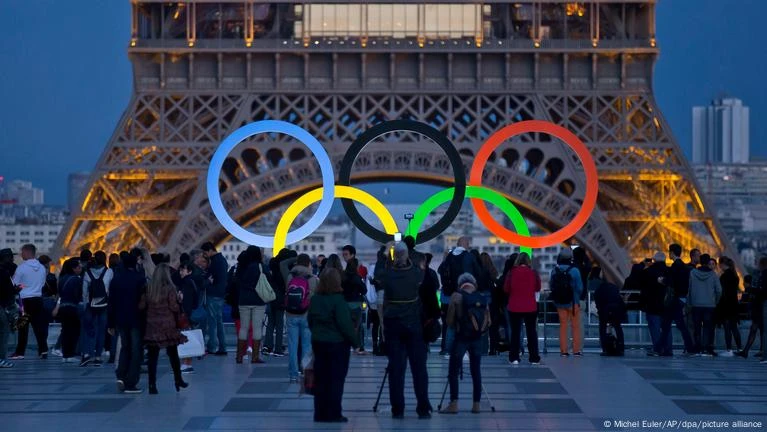Paris Olympics: Balancing Sustainability with Climate Change Challenges

As the Paris Olympics approach, organizers are emphasizing sustainability amid growing concerns about the impacts of climate change on sports. The 2024 Summer Games aim to set a new standard for eco-friendly events, but the challenge of balancing environmental goals with the practical realities of extreme weather is proving formidable.
Paris has made sustainability a cornerstone of its Olympic preparations, striving to minimize the environmental footprint of the Games. The city’s approach includes using existing venues, promoting low-carbon transportation, and integrating renewable energy solutions. The organizers have pledged to reduce greenhouse gas emissions by 50% compared to the previous Games in Tokyo and are focused on achieving zero waste to landfill.
Despite these ambitious plans, the organizers face significant hurdles. Climate change is increasingly affecting weather patterns, leading to more frequent and severe heatwaves, heavy rainfall, and unpredictable weather conditions. These changes pose risks to both the athletes and the infrastructure designed for the Games.
One major concern is the impact of extreme temperatures on athletic performance and spectator comfort. Paris has already experienced unusually high temperatures this summer, prompting organizers to implement measures to ensure safety during events. This includes adjusting schedules, enhancing cooling systems at venues, and providing additional hydration stations.
Additionally, the climate-induced weather challenges also affect infrastructure and event planning. For instance, heavy rains can lead to flooding and damage to outdoor venues, while heatwaves may require modifications to training and competition schedules. The need to adapt to these conditions adds complexity to the planning and execution of the Games.
The Paris Olympics’ sustainability efforts are also being scrutinized in light of these climate challenges. Critics argue that while the city’s commitment to eco-friendly practices is commendable, the scale of the Games and the associated activities may still result in a significant environmental impact. For example, the construction and renovation of venues, transportation for athletes and spectators, and the overall logistics of hosting a global event contribute to carbon emissions and resource consumption.
To address these concerns, the International Olympic Committee (IOC) has emphasized the importance of legacy planning. The Paris Games are designed with a focus on long-term benefits, such as utilizing existing sports facilities and repurposing venues for future use. This approach aims to ensure that the investments made for the Olympics yield lasting benefits for the city and its residents.
Furthermore, the Paris Olympics are expected to serve as a model for future events, demonstrating how major sporting events can integrate sustainability into their planning and operations. The experience gained from managing climate-related challenges and implementing green initiatives may provide valuable insights for other cities and organizations aiming to host similar events.
As the world’s attention turns to Paris, the success of the Olympics in balancing sustainability with the realities of climate change will be closely watched. The Games present an opportunity to showcase how large-scale events can adapt to a changing climate while pursuing ambitious environmental goals.
The Paris Olympics represent both a challenge and a chance to lead by example. By addressing the impacts of climate change and advancing sustainability, the Games aim to set a new standard for how international events can contribute to a more sustainable future. As organizers navigate these complex issues, their efforts will likely influence how future sporting events are planned and executed, reflecting a growing commitment to environmental stewardship and resilience.









